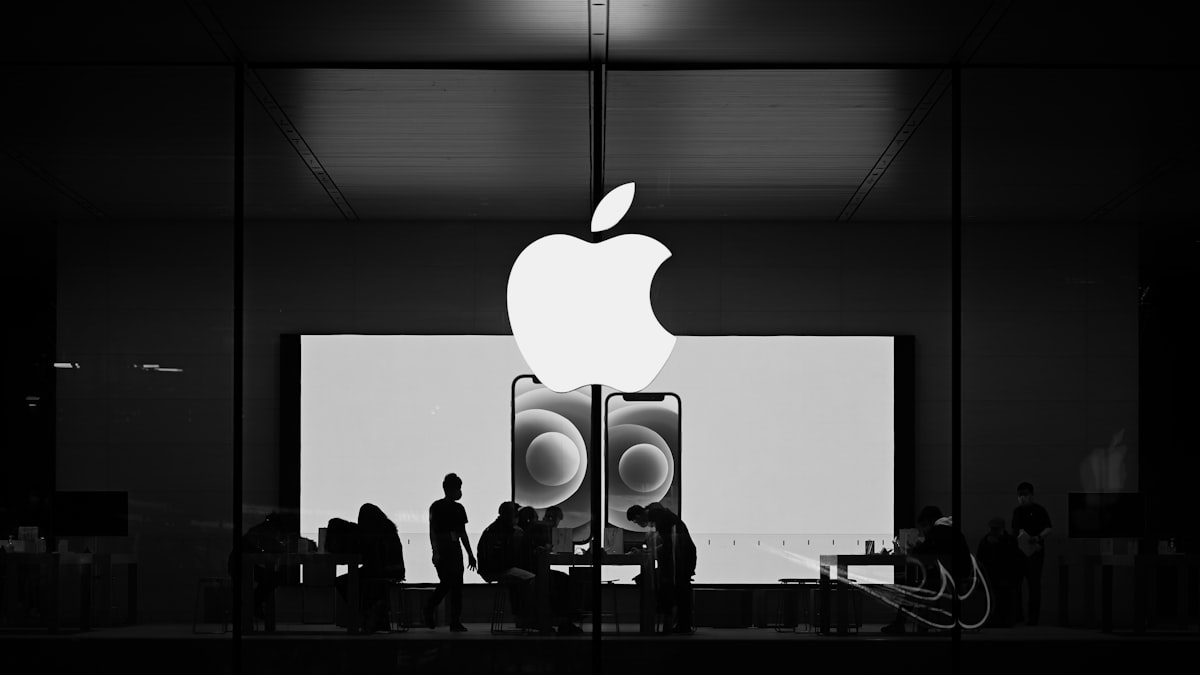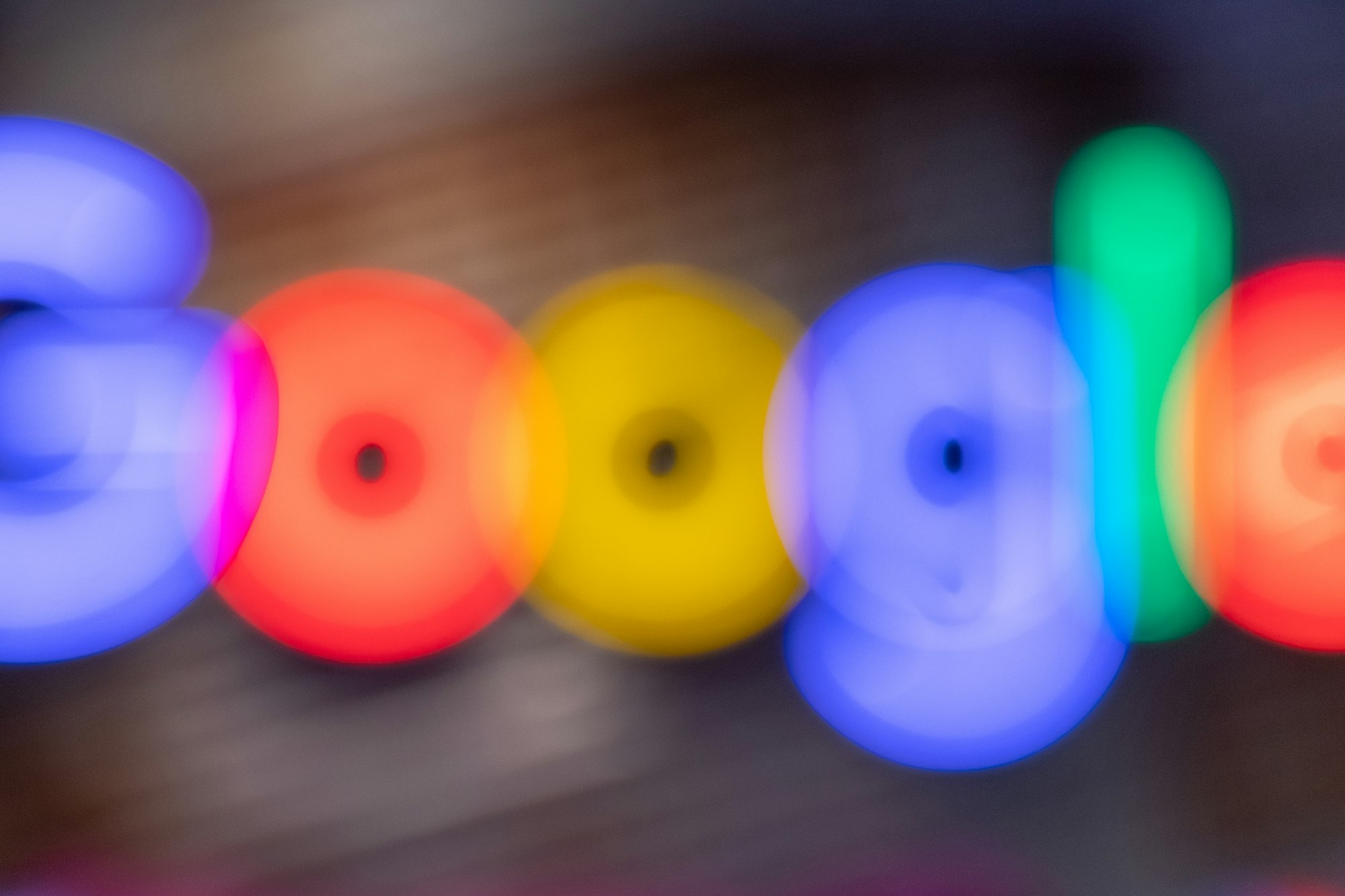🟢 The year the GAFAM could disappear. Episode 3, Apple
In this series of five articles, I will discuss each of the current GAFAMs as 2023 might be the year their reign of supremacy on our life, work, and social connection comes to an end.

If you missed the previous episodes, we discussed in a nutshell how Google's business model was now challenged at its core and might be in a Kodak moment and how Microsoft, after entirely missing the mobile phone revolution, demonstrated skillful resilience and is now a robust, diversified B2B juggernaut.


Today let's discuss the company you love or hate, but in any case, you're using their iPhone... 😅
Episode 3, Apple
First of all, Apple is financially in very good shape. Even if, like everyone else on the NASDAQ, they shed a lot of excess valuation, their incomes and profitability are remarkable. Put in another way, Apple makes more money than Microsoft and Facebook combined (and barely less than Google and Facebook together).

Tech Dutch disease
But if you remember the GAFAM revenues spread, I presented last week, unlike Microsoft, all other GAFAM share a common critical issue. More than half of their revenue streams depend on a single product. And for Apple, it's the iPhone. You don't have to be a grizzled business strategist to understand that's an issue.
In economy, the term Dutch disease is a shorthand for the paradox of striking gold with an amazing product that will eventually cripple your company. It relates to the Netherlands, after discovering vast amounts of natural gas in the North sea in 1959, ended up exporting so much that their national currency at the time raised at a rate that made all their other exports abysmally overpriced. While the gas business flourished, the rest of the national economy cratered, unemployment went from 1% to 5%, and foreign capital investment fled the country. End result of the gas boon? A massive national recession.
As you understand, the iPhone is certainly by now to Apple what natural gas was to the Netherlands. If the global financial statement of the company is sound, their dependency on a one-and-only product makes them vulnerable.



